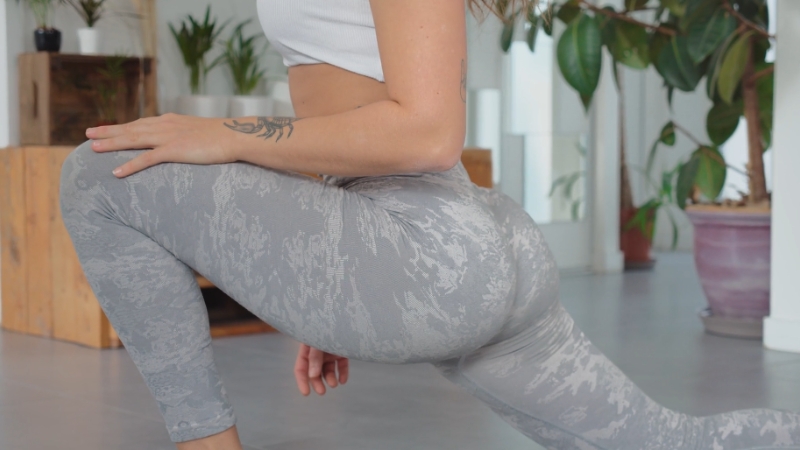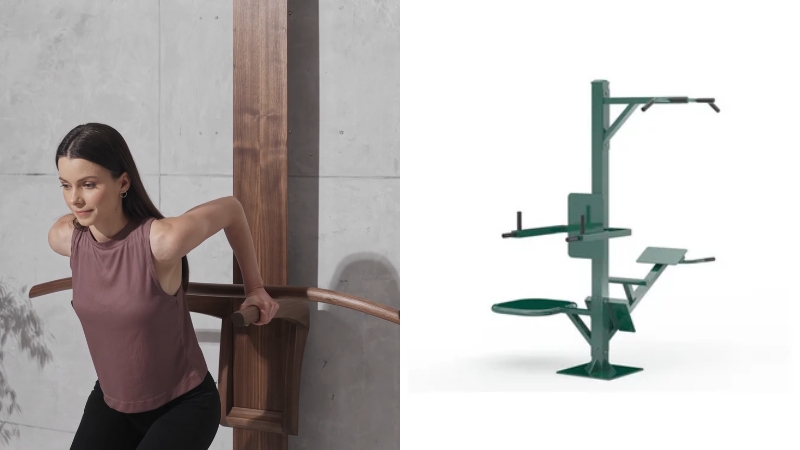
Share Post:
People ask me this all the time: “If I lose weight, will I get taller?” And the answer? No, losing weight does not make you taller.
Your bones are set, your height is determined by genetics, and no amount of dieting or exercise will magically add inches to your frame.
But before you click away, let’s talk about something interesting: losing weight can make you look taller.
It can also improve posture, reduce spinal compression, and change how you carry yourself—all of which create the illusion of added height.
So while weight loss won’t stretch your bones, it can change how tall you appear. Let’s break it down in detail.
Table of Contents
ToggleThe Science Behind Height and Weight
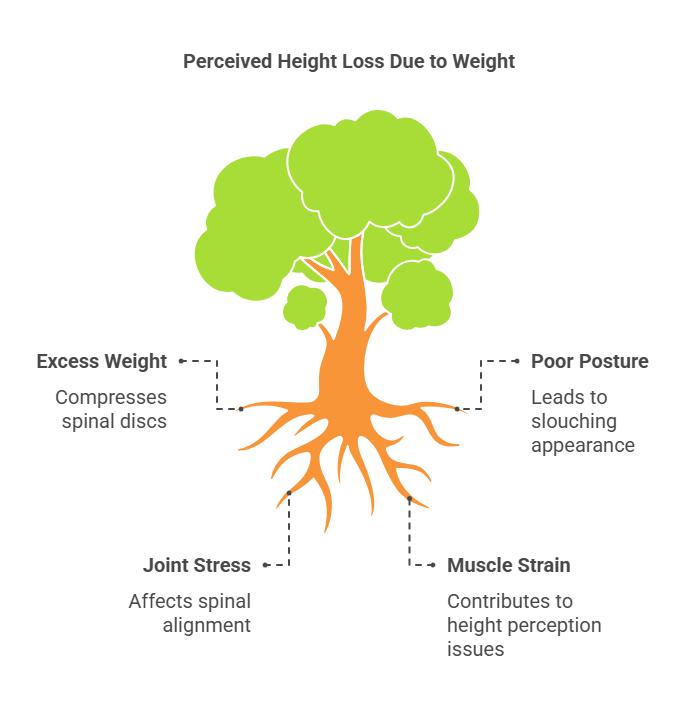
Height is largely determined by genetics, and by the time puberty is over, bones have stopped growing. So if you’re an adult, your height is set. But weight does play a role in how tall or short someone appears.
The spine is responsible for a large portion of height. It consists of vertebrae separated by discs, which can become compressed due to excess weight.
Extra pounds also put stress on joints and muscles, leading to poor posture, slouching, and spinal misalignment, all of which can make a person look shorter.
Losing weight reduces the stress on the spine, potentially allowing a person to stand straighter and regain a fraction of their natural height.
So while you won’t technically “grow,” you might find that you appear taller when you shed excess weight.
Posture: The Hidden Game-Changer
- Slouching shoulders
- A hunched back
- Curved spine
All of this contributes to a shorter-looking frame. When someone loses weight, especially belly fat, they often improve their posture without even trying.
Standing up straighter, pulling shoulders back, and aligning the spine can “add” an inch or two to a person’s appearance.
Posture correction can make a massive difference in how someone carries themselves. Even without weight loss, practicing good posture can help a person maximize their full height.
The Role of Fat Distribution in Height Perception
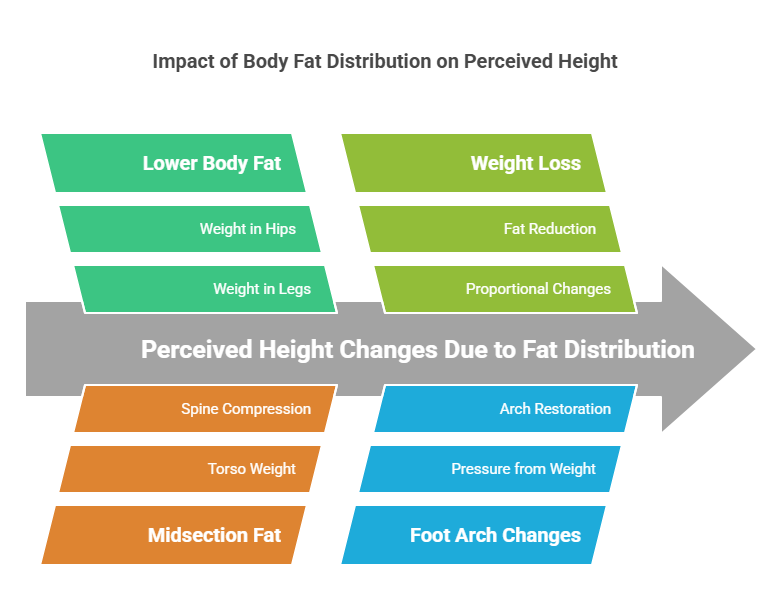
Where fat is stored on the body can change how tall someone appears. If a person carries most of their weight in the lower body, their legs might look shorter.
If they carry excess weight in the midsection, it can weigh down the torso, compress the spine, and make them appear stockier.
A person might seem taller not because they are, but because their proportions look different.
When weight is lost, the arch can restore itself, which could contribute to a minuscule height increase.
The Impact on Joint Health
Joints take a beating when they’re carrying excess weight. Over time, this pressure wears down cartilage and leads to discomfort, which impacts mobility and posture.
People who experience knee, hip, or back pain often compensate by shifting their posture, sometimes making them appear shorter.
Losing weight relieves joint pressure, allowing for better movement and a more natural stance.
Does Age Affect Height and Weight?
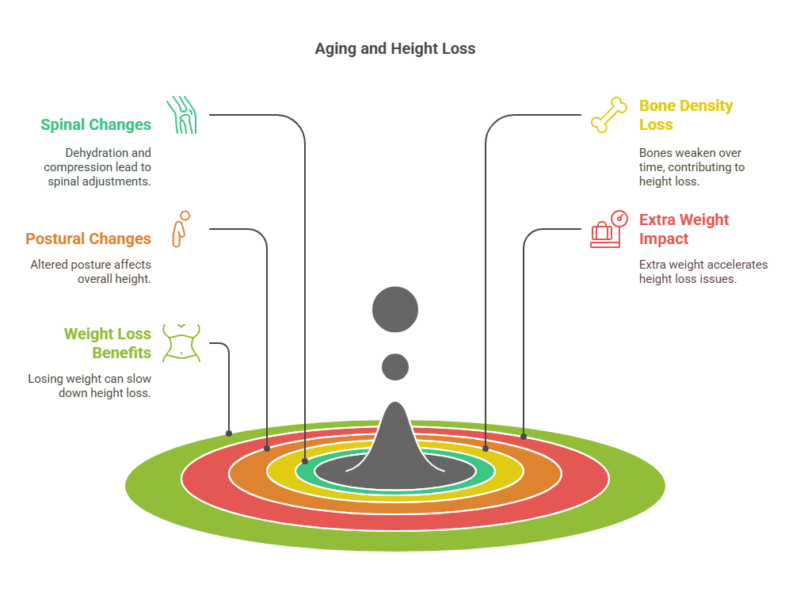
- Spinal disc dehydration and compression
- Bone density loss
- Postural changes
Extra weight can accelerate these issues by placing even more stress on the spine and joints.
Losing weight won’t stop aging, but it can slow down height loss by reducing pressure on bones and encouraging better spinal health.
So while someone may not gain height, they can certainly prevent themselves from shrinking as quickly as they would with excess weight.
Psychological Effects: Looking Taller vs. Being Taller

A leaner body, better posture, and increased confidence all contribute to the illusion of added height.
Someone who slouches, wears baggy clothes, and carries extra weight around the midsection will appear shorter than someone who stands tall, wears fitted clothing, and carries themselves with confidence.
Clothing plays a surprising role in height perception. Vertical stripes, well-fitted outfits, and monochromatic color schemes create a lengthening effect.
On the flip side, oversized clothing and horizontal patterns can make someone look shorter than they are.
Exercises That Can Help with Posture and Spinal Health
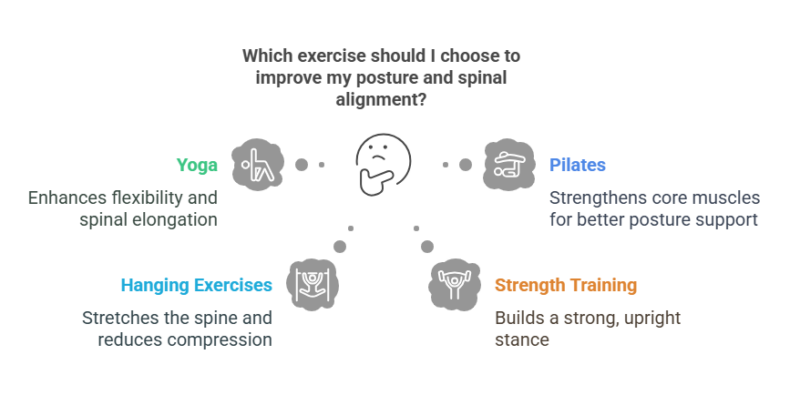
- Yoga: Improves flexibility and spinal elongation
- Pilates: Strengthens core muscles, which support better posture
- Hanging exercises: Help stretch the spine and reduce compression
- Strength training: Builds a strong, upright stance
- Posture drills: Reinforce proper alignment and balance
By practicing these exercises, someone might not a cow taller, but they’ll stand taller, which creates the same effect.
The Verdict
Let’s make this clear: Losing weight does not physically increase height. Bones won’t lengthen, and genetics won’t suddenly change. However, weight loss can make a person look taller by improving posture, reducing spinal compression, and changing body proportions.
So while the measuring tape won’t reflect a difference, people typically feel taller, move with more confidence, and present a taller image after shedding excess weight.
The takeaway? Focus on feeling strong, standing tall, and embracing confidence. Height is just a number, but the way you carry yourself makes all the difference.
Related Posts:
- Does Throwing Up Make You Lose Weight or Just Cause Harm?
- Does Creatine Make You Poop? What You Need to Know
- Does Weight Lifting Make Breasts Sag or Support Them Better?
- Does Creatine Make You Hungry? Or Could It Be…
- How to Modify Exercises During Your Period (Without…
- How to Balance Fitness, School, and Work Without…



